
We also humbly remind our honorable decision makers that constitutional change is NOT the “silver bullet” or the holy elixir to cure our country’s problems. It is not a panacea to remedy our socio-economic ills or the only means to accomplish our national desires and aspirations.
UP Diliman Department of Political Science
On congressional initiatives to amend the 1987 Constitution
In response to proposed amendments to the 1987 Constitution pushed forward by Marcos allies in Congress, the UP Department of Political Science raised questions about the timing and necessity of changing the constitution, reminding lawmakers that it is not a “silver bullet” that will fix all of the nation’s problems instantly.
The Department presented their statement on Thursday, January 26, as the House of Representatives’ Committee on Constitutional Amendments held the first of several “marathon hearings” pushing for changes to the constitution.
“What is the current political, economic, and social dispensation that would warrant a major constitutional overhaul?” they asked in their statement, saying that legislation and policy interventions might be better suited for such problems.
Comparing the current situation with previous initiatives to change the constitution, the department also pointed out that the current push for a change in the constitution lacked both the “special historical moments” and the public clamor to justify them.
They also responded to claims that the people were calling for a change in the law of the land, an argument that has been pushed by Duterte allies in 2016, showing data from a Pulse Asia survey in 2018 that says almost 7 out of 10 Filipinos are against these initiatives.
In the same survey, they also found that almost three quarters of the country had “little, almost no, or no knowledge” of the Constitution.
“In Pulse Asia’s surveys on most urgent national concerns, top responses usually include controlling inflation, improving/increasing workers’ pay, fighting criminality. Creating more jobs, and fighting graft and corruption in government. Since 2016, not more than 2 to 4% of the respondents consider changing the Constitution as urgent.”
The Department also answered claims that the president’s “clear majority vote” gave him the mandate to change the constitution, showing that even Marcos’s stand on the issue was unclear, and that it did not play a major part in the campaign.
“We cannot proceed with Charter change without a genuine buy-in of an informed public, let alone its absence in the presidential legislative agenda,” they asserted.
Finally, the department warned against railroading constitutional changes, saying that it would be hard to legitimize given the more pressing crises faced by the country such as high inflation, poor public infrastructure, and the impact of the COVID-19 pandemic.
“The realities of the fiscal and logistical demands required to roll-out credible and substantive processes to change the constitution make it an even more problematic pursuit, especially in the face of more urgent and immediate local and national problems,” the position paper stated.
Cha-cha must be “inclusive and transparent,”
The point of a new constitution, the department said in their paper, is to “break from the immediate past and usher in a new political order.” Thus, they argued, the people need to know exactly what this break means in the current context.
“Simply put, the overarching change envisioned in the current constitutional reform process must articulate the nature of the break that it wishes to achieve. It must also be crystal clear that the problems the charter revision wishes to address cannot be done through constitutional amendment, regular legislation, and/or executive action. Our people need to hear from the political leadership answers that are based on grounded and evidence-based claims. Our people deserve no less.”
The department said that the proponents, in order to ensure that the constitution-making process is a national endeavor, should fully articulate the intiatives vision and goals, provide a clear process and time frame, define responsibilities for the process, introduce broad particiaptiy mechanisms, and provide safeguards against misinformation and undemocratic practices.
They also urged the President to be clear about his stance on the issue, as well as possible authorities to spearhead the changes.

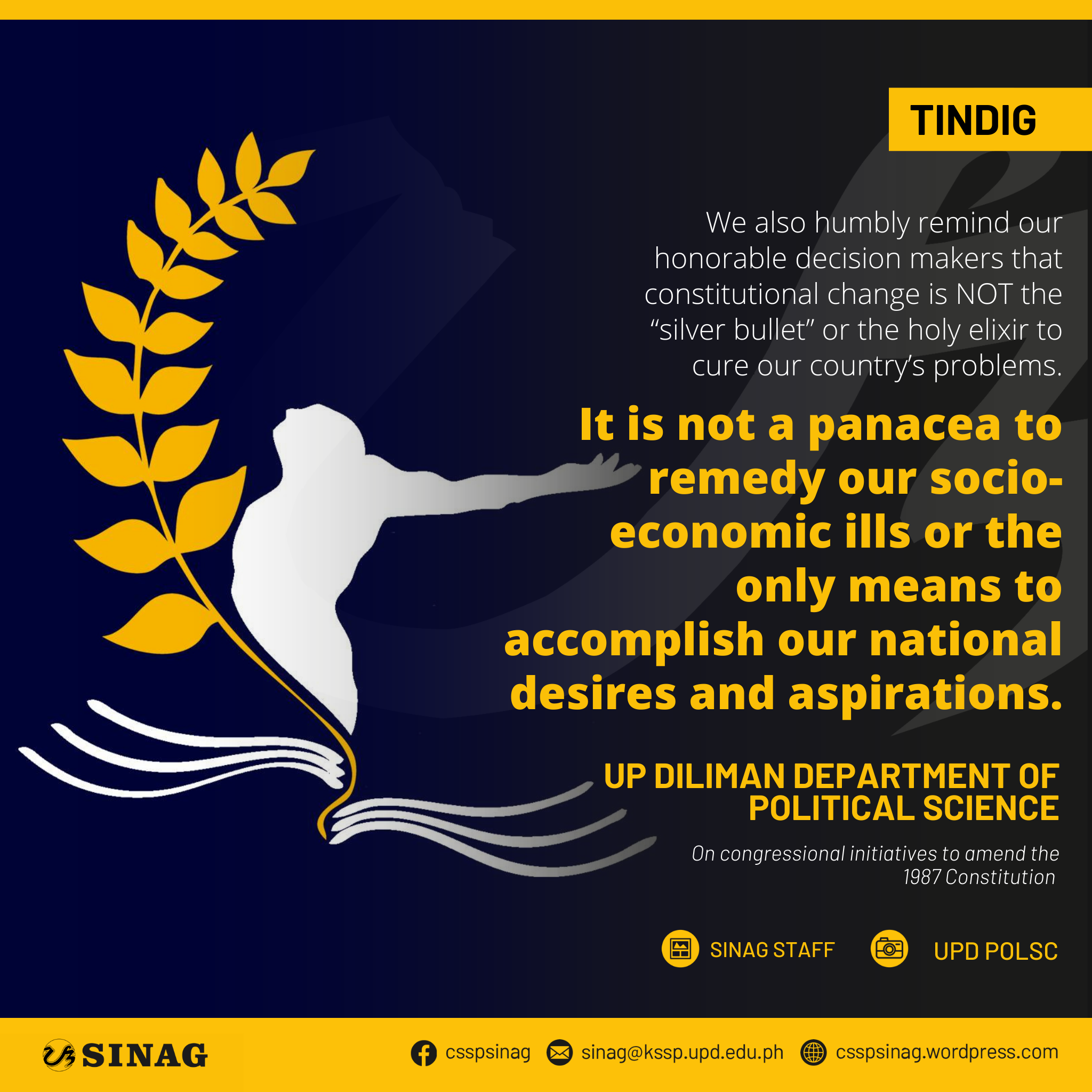

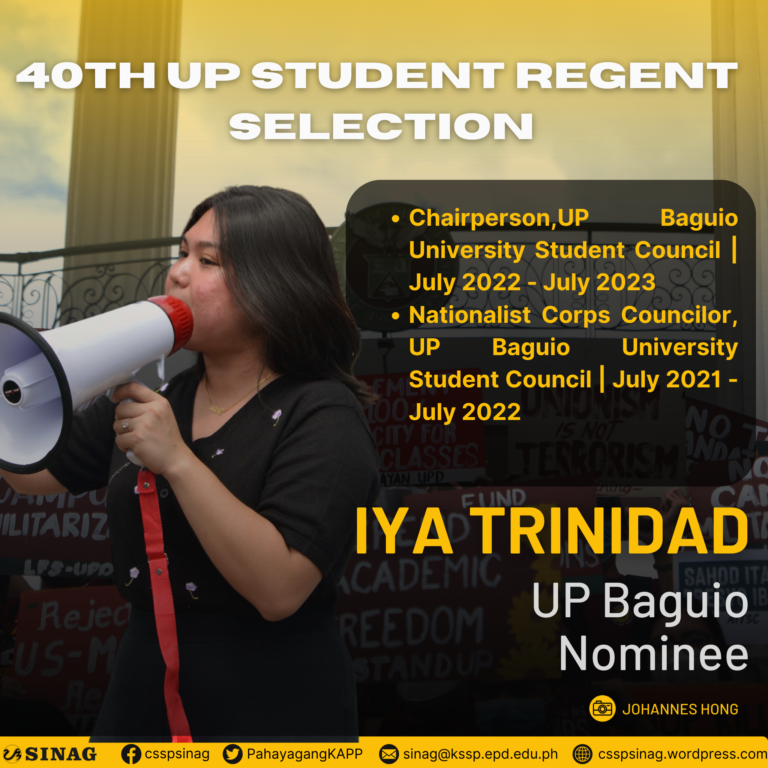
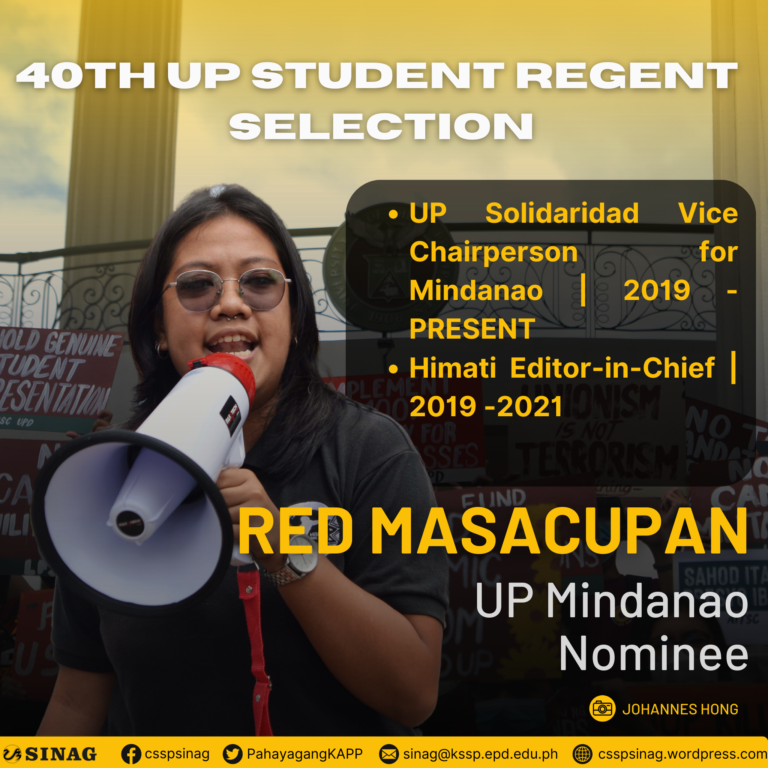
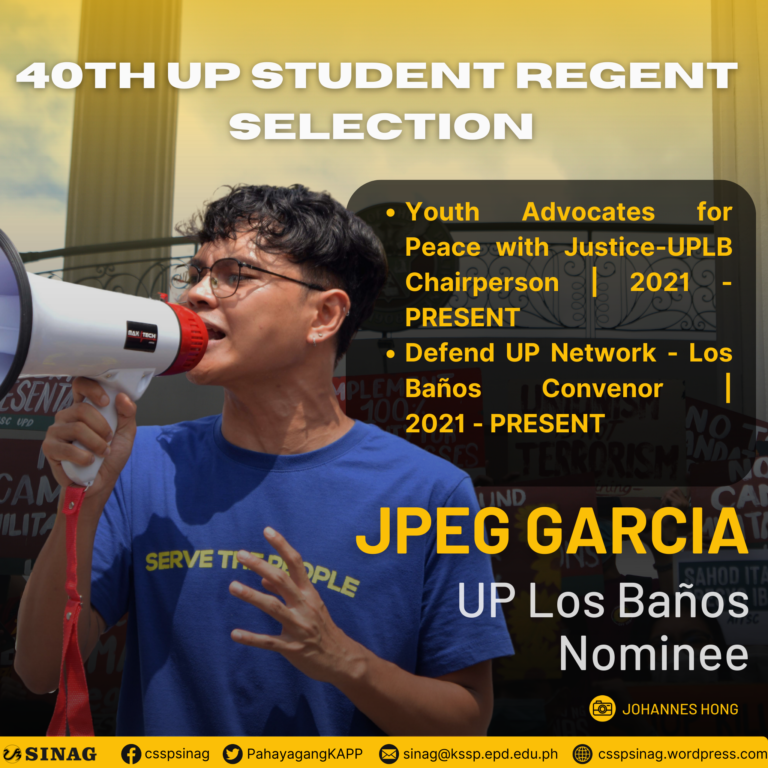
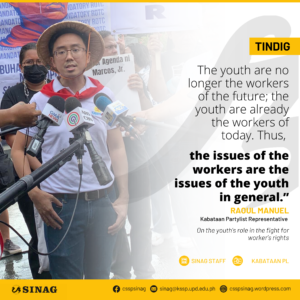
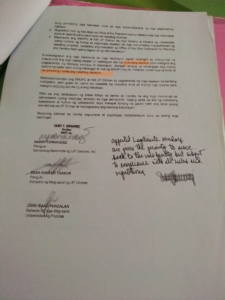
Can you write more about it? Your articles are always helpful to me. Thank you! http://www.ifashionstyles.com